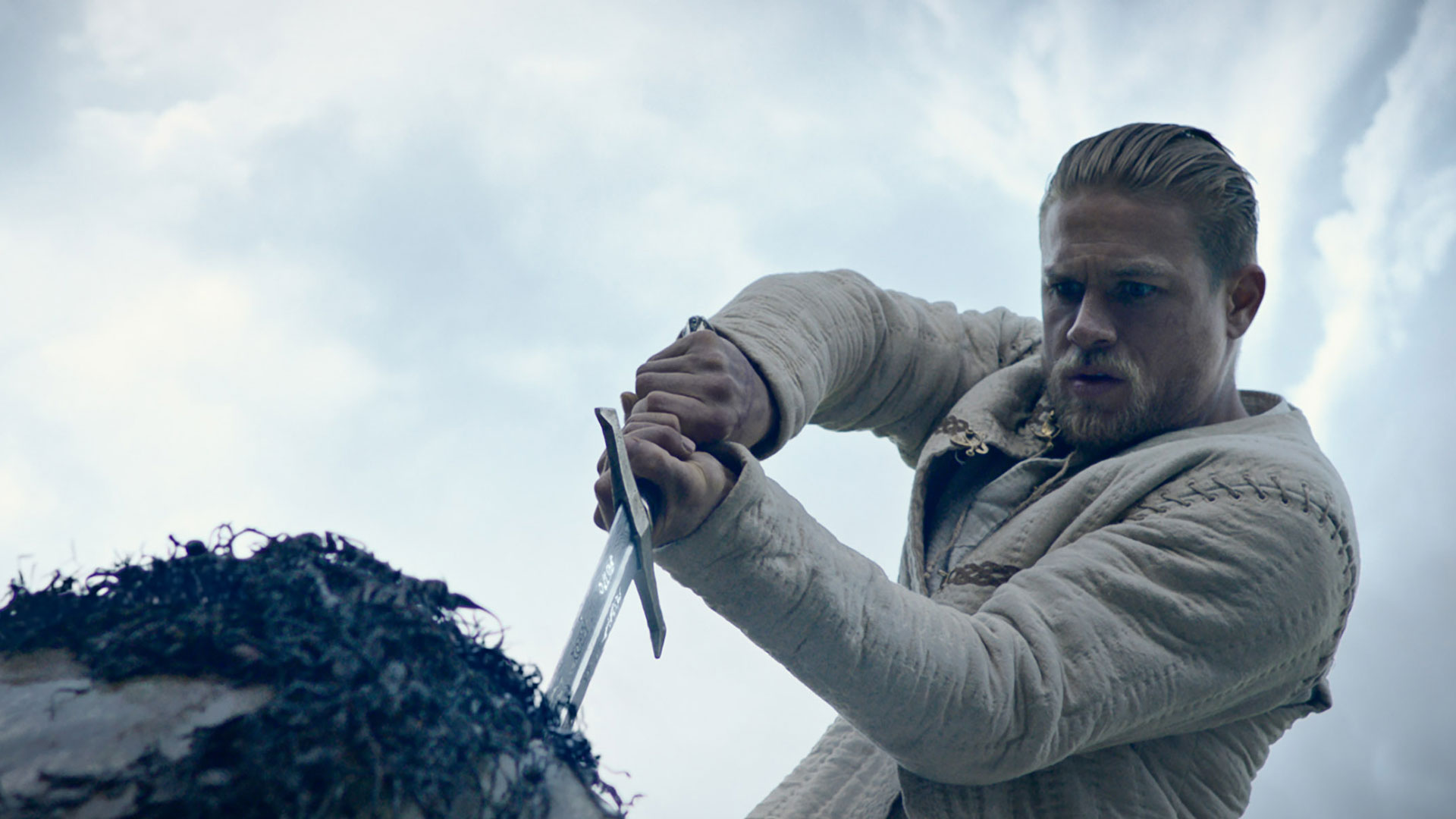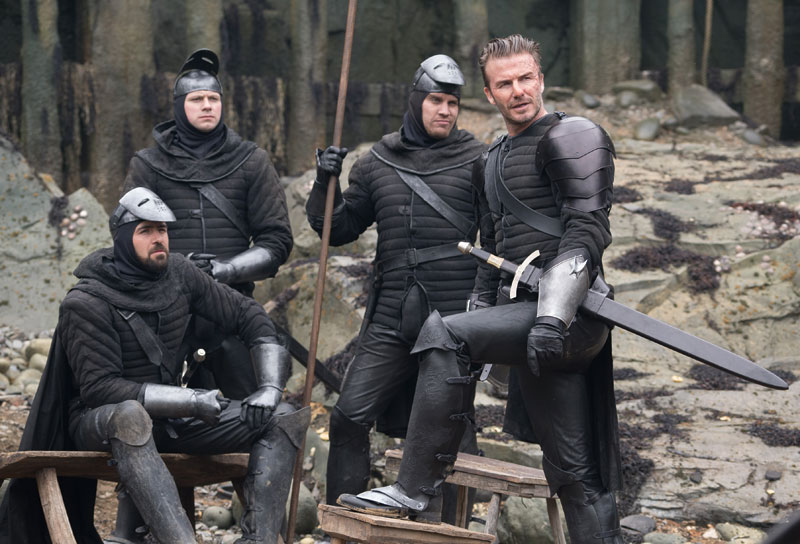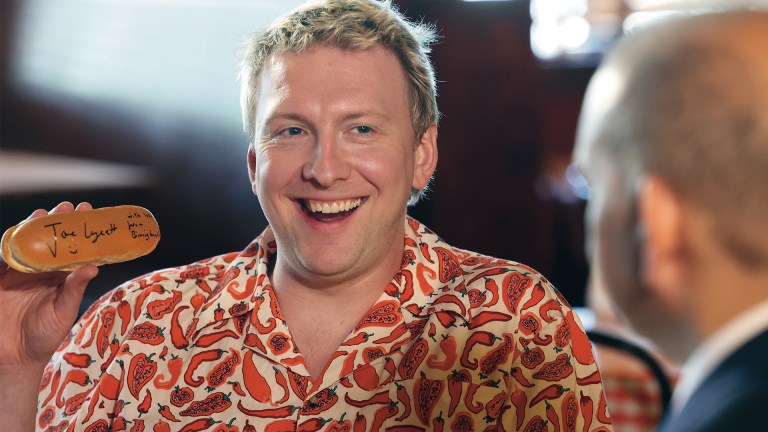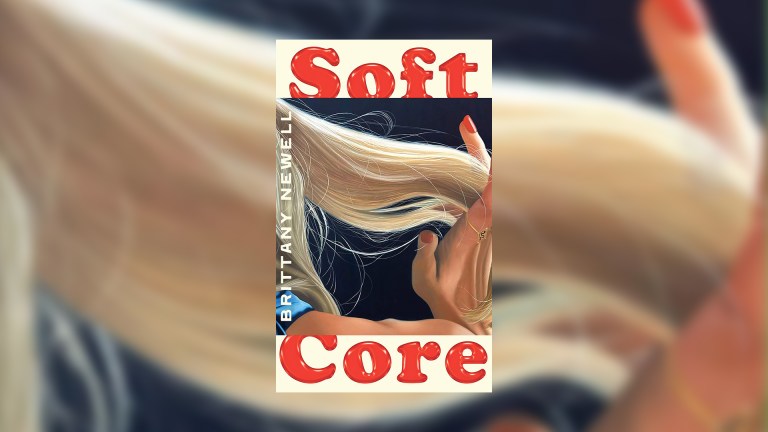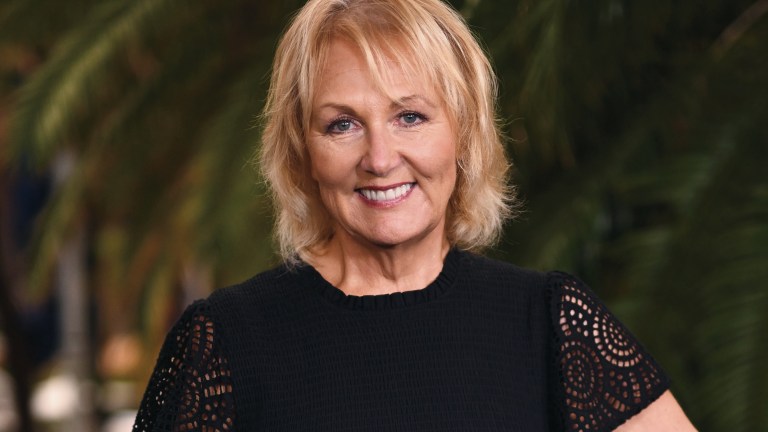“There could be a nationalist aspect, as we are breaking away from Europe,” says Archibald, who is co-editor of The Cambridge Companion to Arthurian Legend. “King Arthur came to represent the epitome of Englishness, English power and English success in the world. He had the best court in the world, people came from all over the world to be at his court. That’s an appealing ideal for this moment.”
Hunnam, perhaps unsurprisingly, takes exception to the suggestion, pointing out King Arthur was filmed before Brexit, before the rise of Trump, and way before the current General Election campaign.
“It is an obvious connection to make,” he says, his Geordie accent softened but not erased by a few years in California. “I’m sure people will but that wasn’t the reality while we were making the film so it wasn’t intentional.
“It feels almost more relevant, some of the greater themes and issues than when we were shooting it as recently as two years ago, but I tend to shy away from having a big public, political viewpoint – so talking specifically about where we are in the world I will leave to a braver man than me.”
John Boorman’s 1981 adventure film Excalibur, based on Le Morte d’Arthur by Thomas Mallory, which boasted a cast including Helen Mirren, Liam Neeson, Gabriel Byrne and Patrick Stewart, made a big impact on future King Arthur, the young Charlie Hunnam. “I watched Excalibur an enormous amount of times from the age of seven to 10, probably three- or four-dozen times,” he reveals. “I’d watch it over and over again. I felt it was ingrained in me but hadn’t appreciated how vital that mythology was until we made our film.
“What makes the Arthurian arc continually relevant is the struggle of the human condition. The idea that there are no significant external challenges, only the way our internal demons prevent us from dealing with the challenges we encounter. The idea that it is the fight in the dog not the dog in the fight, that is what Guy and I were interested in exploring.”
Advertising helps fund Big Issue’s mission to end poverty
According to legend, Arthur was able to conquer half of Europe, though this has been in dispute since the time of Shakespeare. Yet, if we were to believe the myth, the strong and noble Arthurian knights were victorious in their battles in Europe and had moral superiority to match their muscle.
“There is the culture hero idea of the noble warriors who want to make the world better, who put down evil customs, kill dragons, free maidens, try to introduce justice and mercy and good behaviour wherever they go,” says Archibald. “They were not just warrior thugs, they really are trying to improve the world. The idea of trying to cleanse the society you live in, make it work better and trying to protect the vulnerable – that is very much part of the Arthurian value system.”
The idea of making society better and protecting the vulnerable – that is very much the Arthurian value system
Hunnam is keen to stress Arthur’s less righteous backstory. In the film we see him cheating and scheming before destiny calls. “We wanted to try to create a much more ignoble, self-serving, selfish guy, which would give a greater breadth to the journey,” he says.
“I didn’t feel particularly compelled to make him likeable or noble at the beginning of the film. It toys with our notions. You have seen the noble man on a noble quest to be a noble king a thousand times before.”
As if bringing King Arthur to the big screen wasn’t enough to evoke ideas of England as all-conquering, then the casting of David Beckham (below) in a small speaking role during a key scene surely achieves that goal. Hunnam was delighted to act with a footballing legend. “He made a big impact on me,” says the actor. “It became very clear why and how he has become such a significant figure. He is a superstar.
“Acting is not his primary concern, so he could have come in and just had a laugh. But he came in very dedicated to the process, determined to do a really good job. It spoke to a work ethic and value system that, in combination with how humble and kind he is, is very endearing. I was very impressed. It became clear it is no accident how successful he is when I saw his approach to this.”
Advertising helps fund Big Issue’s mission to end poverty
King Arthur has been feted as an ideal leader – able to unite a divided country. The famous round table meant all of his knights would get a say in this collaborative king’s court.
“We have heard ‘strong and stable’ a number of times recently, and that desire for a strong and just ruler is very powerful,” says Archibald. “That is what Arthur often represents. Broadly speaking, we see him with a lovely, loyal honourable group of supporters, and that is quite an ideal, isn’t it? But there are versions, even in the Middle Ages, when Arthur is not seen as a strong leader.”
David Beckham made a big impact on me. It became very clear why he’s become such a significant figure
So is there any hint of Theresa May, or indeed Jeremy Corbyn, in Hunnam’s King Arthur? Neither, it must be said, has been heard during the election campaign telling voters, as Arthur says to slippery Goosefat Bill (Aidan Gillen): “Put your ring back on, honey tits, you haven’t had enough porridge to talk like that.”
King Arthur begins the new film enjoying a carefree life with his close coterie of friends, before a leadership role is sprung upon him, almost against his will. He must embark on a seemingly impossible quest to prove himself, change perceptions, learn, grow and ultimately triumph – before bringing his ideas of egalitarianism, compassion and protecting the weak.
“It’s that culture hero thing again,” says Archibald. “The idea of trying to make society work better and trying to protect the vulnerable. That’s part of the Arthurian value system.”
King Arthur: Legend of the Sword is in cinemas now
Advertising helps fund Big Issue’s mission to end poverty
